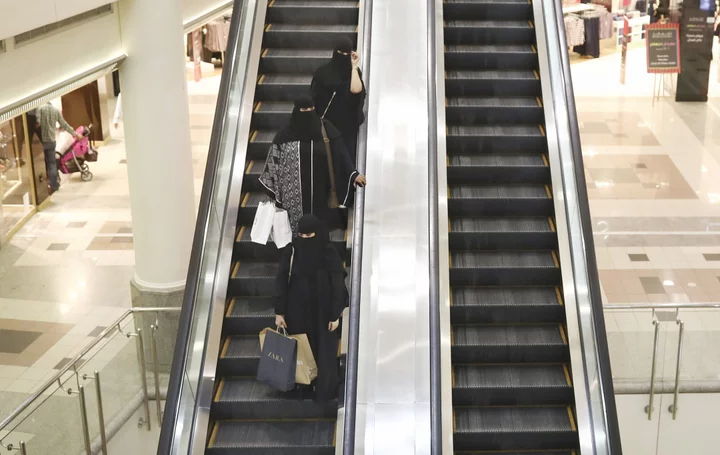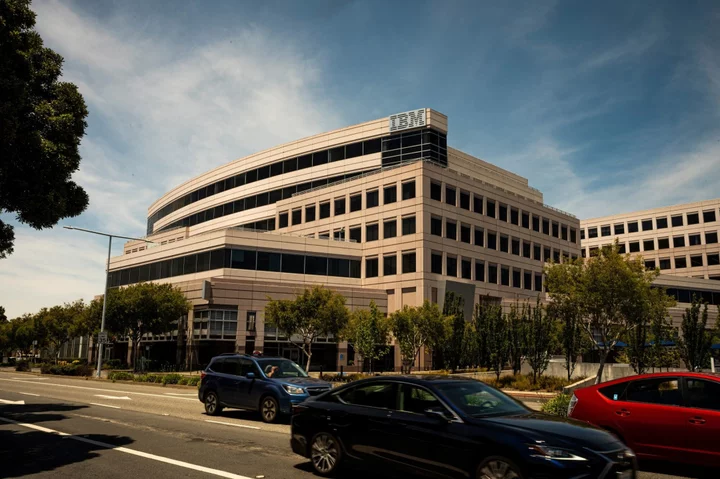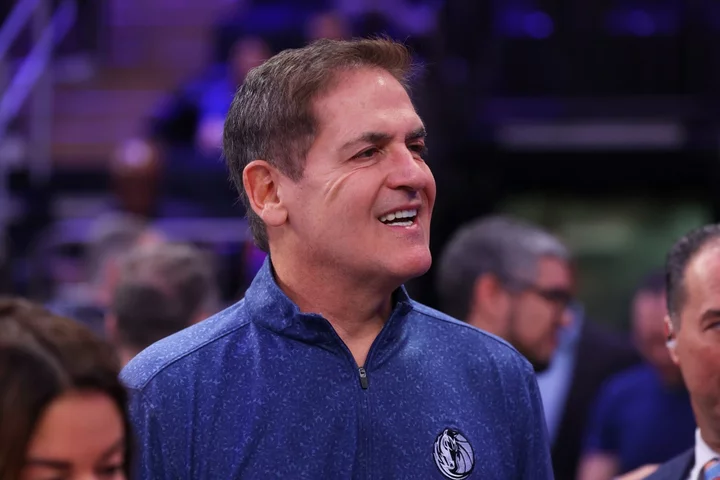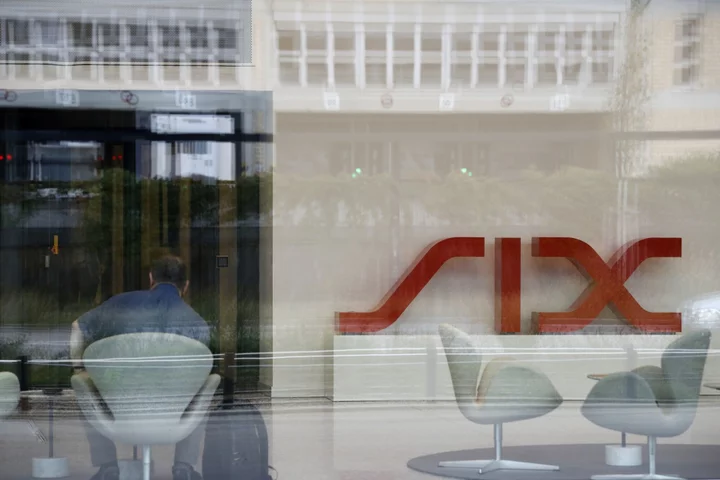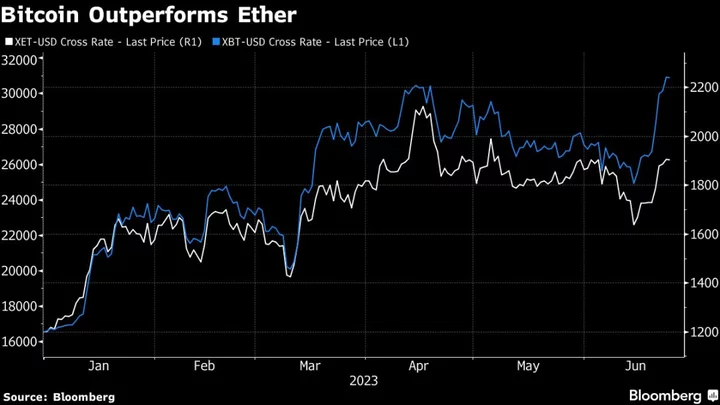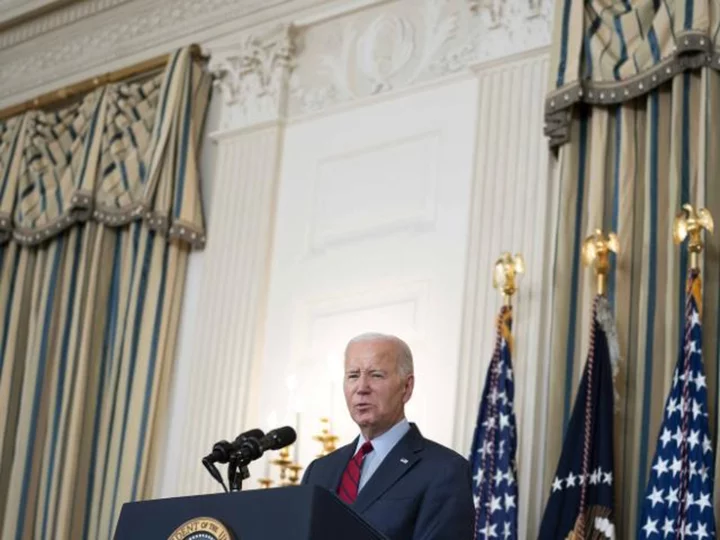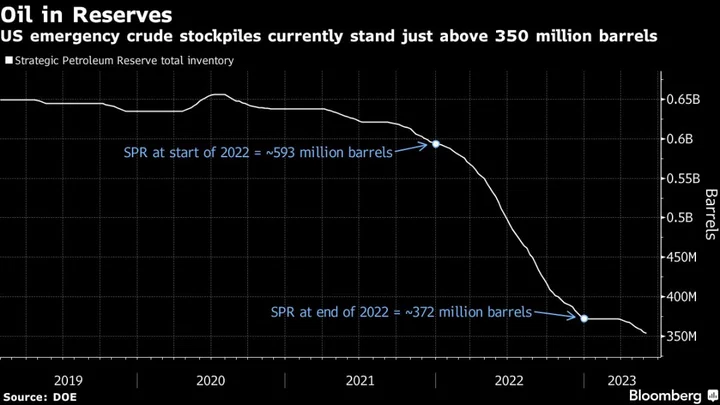Saudi Arabia-based Tabby raised $200 million in a funding round that values the buy-now-pay-later firm at over $1.5 billion ahead of a planned listing in the kingdom.
The Series D round was led by Wellington Management, with participation from Bluepool Capital and existing investors Saudi venture capital firm STV, Mubadala Investment Capital, PayPal Ventures and Arbor Ventures, Tabby said in a statement. The fundraise makes Tabby one of the Gulf region’s first fintech unicorns and more than doubles the firm’s valuation from $660 million as of January.
“We are building and broadening out our consumer and merchant offering,” Chief Executive Officer Hosam Arab said in an interview with Bloomberg News. “We are investing heavily in widening the product options available for our consumers, largely around financial services.”
Firms like Tabby allow customers to purchase goods and pay for them in installments. Regionally, it operates in Saudi Arabia, the United Arab Emirates and Kuwait, and competes with firms including Tamara. Tabby has 10 million registered users and works with over 30,000 brands.
Tabby, which was founded in Dubai, set up its headquarters in the kingdom ahead of its plans to go public on the Saudi stock exchange, Saudi Arabia’s Ministry of Investment said in September.
“We’re not able to share any specific timelines yet,” Arab said. He added that “it’s not something in the very distant future.” The firm continues to seek merger and acquisition opportunities that would open up new product areas within markets it already operates in, he said.
The majority of Tabby’s volumes come from Saudi Arabia, which is the biggest e-commerce market in the region, Arab said. The firm is seeing rapid growth of new customers and existing users are coming back to use the service, he added.
While concerns over higher interest rates and a looming recession have impacted buy-now-pay-later companies in developed markets, Tabby’s performance has remained resilient. “Consumers see the value in the product, they don’t want to lose access to it and therefore their repayment behavior is actually quite strong,” Arab said.
Geopolitical tensions amid the Israel-Hamas war look to have dented consumer sentiment in the discretionary spending space, Arab said, adding that it’s not yet clear whether it will be a prolonged trend. That said, consumers have generally been resilient over the past 12 months.
“We still haven’t seen any major change in consumer spend over the last year,” he said. “The retail consumer, in our view, remains healthy.”

